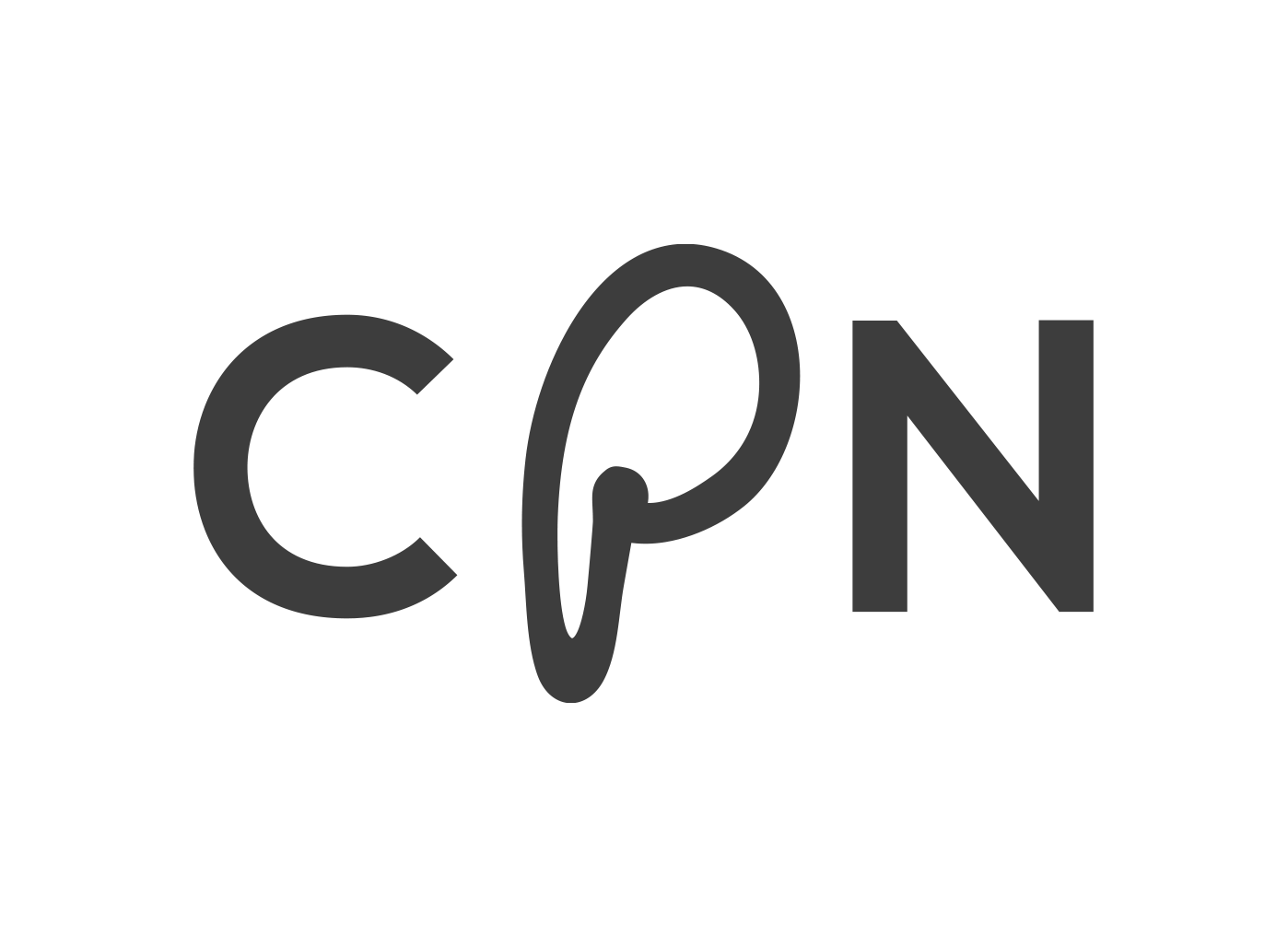Get a Business Loan with Bad Credit: Your Ultimate Guide
- Can I get a business loan with bad credit?
- What are the minimum requirements for a bad credit business loan?
- Are there alternatives to traditional business loans for those with bad credit?
- What are the disadvantages of opting for a bad credit business loan?
- How can I improve my chances of getting approved for a business loan despite having bad credit?
- How can I improve my personal and business credit scores for future financing needs?
Securing a business loan with bad credit may seem like navigating through uncharted waters, yet it’s far from impossible. Your credit score doesn’t have to be the end of your entrepreneurial dreams, with business grants, a solid business plan, and the right loan.
Understanding the landscape of financial assistance available, including loans and business grants, can turn the tide in your favor, even with a less-than-perfect credit history, if you have a solid business plan.
This guide aims to shed light on practical steps and strategies you can employ to get a business loan despite having bad credit, ensuring your business has the fuel it needs to grow and thrive.
Understanding Business Loans with Bad Credit Score and Its Impact
Loan Limitations
Bad credit can significantly limit your loan options. Many traditional lenders, such as banks, may not approve your application if you have a low credit score. This is because they view bad credit as an indicator of financial instability in loan and business matters.
With fewer options available, you might find that the business loans you do qualify for, based on your credit report, come with higher interest rates. These loan rates are applied by lenders to mitigate the risk associated with lending to individuals or businesses with poor credit histories.
Risk Perception
Lenders perceive bad credit as a higher risk. This perception, influenced by your credit report, affects your chances of getting approved for a business loan. A history of missed payments or defaults on business loans tells lenders that there might be a higher chance of non-repayment in the future.
However, some lenders specialize in offering business loan with bad credit. These specialized lenders understand that every business faces financial challenges and assess loan applications differently than traditional banks do.
They often consider other factors beyond just the credit score when evaluating a loan for a business.
Examples include the overall performance of your business, loan and cash flow statements.
Types of Business Loans Available for Bad Credit
Secured Loans
Secured loans might be your best bet if you’re dealing with bad credit. These business loans require collateral, like property or equipment, which reduces the lender’s risk. It makes them more willing to work with you on a business loan despite a low credit score.
You’ll find that secured business loans can offer larger amounts and longer repayment terms. This loan setup could give your business the financial breathing room it needs. However, remember that defaulting on the business loan means losing whatever you put up as collateral.
Short-term Options
Short-term loans and lines of credit are great for business flexibility. They usually have less strict requirements than traditional options. This makes them accessible even with poor credit scores.
With short-term business loans, you get a lump sum that you pay back over a few months to a year. Business lines of credit work differently; they allow you to borrow up to a certain limit and pay interest only on what you use, functioning as a flexible loan option.
Both loan options can help manage business cash flow or cover unexpected expenses without committing to long-term debt.
Online Lenders
Online lenders often have less stringent criteria than banks do for approving business loans or business grants.
They may overlook bad credit in favor of evaluating your business’s revenue and potential for a loan.
The business loan application process is typically faster and simpler online too.
However, these advantages come at a cost:
Higher interest rates
Shorter repayment periods compared to traditional bank loans
Exploring Invoice Factoring and Merchant Cash Advances
Invoice Factoring
Invoice factoring allows your business to convert unpaid invoices into immediate capital, functioning similarly to a loan. This option is perfect if your business has a lot of sales on credit. A factoring company buys your business invoices at a discount, giving you cash upfront like a loan.
This method bypasses traditional credit checks because the focus is on the money owed to your business, not your credit score or loan history. It can be a quick way to get a loan for your business without waiting for customers to pay their bills.
However, remember that not all business loan invoices may qualify, and fees vary by company.
Merchant Cash Advances
Merchant cash advances (MCAs) offer another route for businesses to obtain loan funds with bad credit. Here, you receive an advance against future sales. The business loan provider then takes a portion of your daily or weekly business sales until the advance is repaid.
MCAs are attractive because they also bypass traditional credit checks, focusing instead on business revenue streams. This means even with poor credit; you could still access a loan based on your business’s performance.
Be cautious though: MCAs often come with higher costs compared to other business financing options, like loans.
Both business invoice factoring and business merchant cash advances provide alternative routes to finance when traditional loans aren’t accessible due to bad credit. They emphasize revenue over credit history, offering loan flexibility for businesses in need.
Minimum Requirements and Eligibility for Business Loan with Bad Credit
Credit Score
Lenders often set a minimum credit score that is lower than usual for business loan with bad credit. This means even if your business loan score isn’t great, you might still qualify.
It’s important to know this minimum loan requirement as it varies by business lender. Some may accept scores as low as 500. Checking your credit score before applying helps manage expectations.
Business Revenue
Proof of consistent business revenue can greatly improve your chances of approval business loan with bad credit score.
Lenders want to see that your business generates steady income for loan considerations. This assures them you can repay the loan. Monthly or annual business revenue statements are typically required for proof.
Collateral Requirement
Some bad credit business loans might require collateral to secure funding.
Collateral includes assets like real estate or business equipment that lenders can claim if you fail to repay the loan. Not all loans need collateral, but it’s a common requirement for securing larger funding amounts with bad credit, especially for business loans.
Pros:
May allow access to larger loans
Can result in more favorable terms
Cons:
Risk losing assets if unable to repay
Might limit borrowing options based on available collateral
Understanding these requirements ensures you’re prepared when applying for a business loan with bad credit. It highlights how different factors like business revenue and collateral can impact eligibility and terms.
Pros and Cons of Opting for Business Loan with Bad Credit, Including Short Repayment Terms, Invoice Financing, Savings Products, and Early Payoff Discount
Quick Access
You can get funds fast. This is crucial when urgent needs arise in your business.
Sometimes, opportunities or emergencies don’t wait. With bad credit business loans, you’re not left behind.
Higher Costs
Expect to pay more. These loans come with higher interest rates and fees.
This means your loan will cost more over time compared to standard options.
Short Terms
Repayment periods are often short. This can put pressure on your cash flow.
Managing these repayments requires careful planning to avoid financial strain in your business.
Strategies to Improve Your Chances of Loan Approval
Business Plans
Creating a detailed business plan can significantly boost your credibility. Lenders want assurance that their investment is safe. A strong business plan does just that. It shows how you intend to use the loan for your business, and how you’ll generate revenue.
Your financial forecasts are equally crucial. They provide a clear picture of your expected business income, expenses, and profitability over time. This information helps business lenders assess the risk involved in offering you a loan.
Offer Collateral
Offering collateral can make obtaining a business loan easier, even with bad credit. Collateral reduces the lender’s risk by providing them something of value if the loan isn’t repaid. Common examples include property, equipment, or inventory.
Remember, though, using business collateral comes with its risks for you too. If you fail to repay the business loan, you could lose these assets.
Cosigner Option
Consider finding a cosigner with good credit to strengthen your application. A cosigner agrees to take on the responsibility of repaying the loan if you cannot do so yourself.
Having someone vouch for your business reliability can greatly improve your chances of approval under favorable loan terms.
Alternatives to Traditional Business Loan with Bad Credit
Crowdfunding Platforms
Crowdfunding platforms are a modern solution. They allow you to present your business idea online. People then decide if they want to support the business financially.
This method does not focus on credit scores. Instead, it’s about how well you can market your business project. Successful business campaigns often offer rewards or equity in return for funding.
Peer-to-Peer Lending
Peer-to-peer lending is another option worth considering. It connects your business directly with investors looking to lend money outside of traditional banks.
The interest rates might vary based on the platform and the risk assessment of your business project. However, this business alternative could provide more flexible terms than those found in conventional banking systems.
Grants and Government Programs
Lastly, exploring business grants and government programs can be highly beneficial. These funds usually don’t need to be repaid, making them an attractive option for businesses struggling with bad credit.
Various programs target different sectors and demographics, including business, offering financial assistance tailored to specific needs or initiatives within communities.
Preparing for the Future: Improving Personal and Business Credit Scores
Monitor Reports
Regularly check your credit report. This is crucial. Errors can lower your score unfairly.
By doing this, you ensure all information is accurate. Dispute any discrepancies immediately.
Pay Bills
Always pay bills on time. This includes utilities, rent, and supplier invoices.
Late payments harm your credit score significantly. Setting up automatic payments can help avoid missed deadlines.
Reduce Debt
Work on lowering existing debt levels. Pay down balances as much as possible.
Reducing debt improves your credit utilization ratio—a key factor in credit scoring.
Closing Thoughts
Securing a business loan with bad credit may seem daunting, but understanding your options and the impacts can guide you through this challenge.
From exploring various business loan types such as invoice factoring and merchant cash advances to considering alternatives, you have paths to navigate financial hurdles.
Acknowledging the pros and cons of each business option equips you with the knowledge to make informed decisions. Moreover, adopting strategies to improve your chances of loan approval and taking steps towards enhancing your credit scores are invaluable for your business’s future growth.
As you move forward, remember that persistence and informed decision-making are key. Explore every avenue discussed, weigh your options carefully, and choose the one that best suits your business needs.
Your journey doesn’t end here; consider this a stepping stone towards achieving financial stability for your business. Start today by reviewing your options and planning your next steps towards securing a business loan with bad credit.
Frequently Asked Questions
Q1. Can I get a business loan with bad credit?
Ans. Yes, obtaining a business loan with bad credit is possible. Options include business invoice factoring and business merchant cash advances, though terms may differ from traditional business loans.
Q2. What are the minimum requirements for a bad credit business loan, including funding amounts, savings products, years, and early payoff discount?
Ans. Requirements vary but typically include proof of stable income, business operation for at least six months, and specific minimum annual revenue thresholds.
Q3. Are there alternatives to traditional business loans for those with bad credit?
Ans. Yes, business alternatives include peer-to-peer lending, crowdfunding platforms, and seeking investment from angel investors or venture capitalists.
Q4. What are the disadvantages of opting for a bad credit business loan?
Ans. Bad credit business loans often come with higher interest rates and fees compared to standard loans, increasing repayment amounts.
Q5. How can I improve my chances of getting approved for a business loan despite having bad credit?
Ans. Improving your chances involves demonstrating strong cash flow management in your current business operations and possibly offering collateral to secure the loan.
Q6. How can I improve my personal and business credit scores for future financing needs?
Ans. To improve your scores, consistently pay all bills on time, reduce existing debt levels where possible, and regularly monitor your credit reports for inaccuracies.











